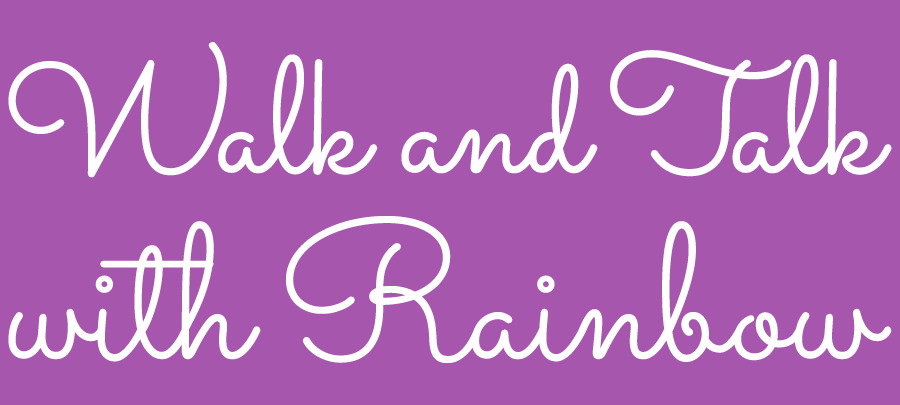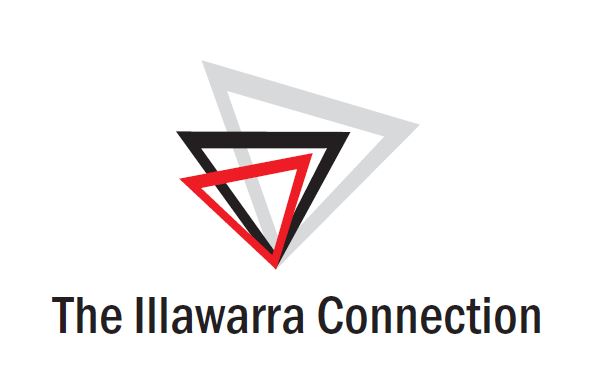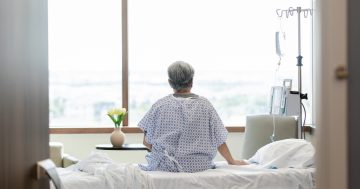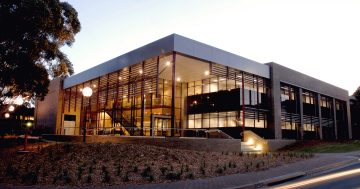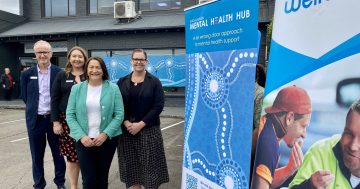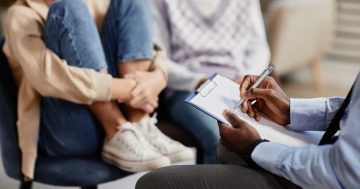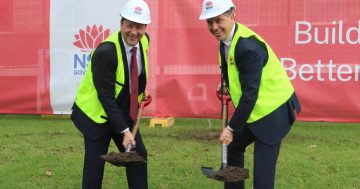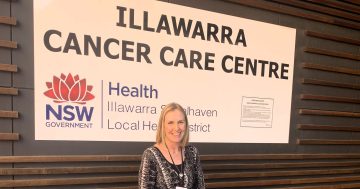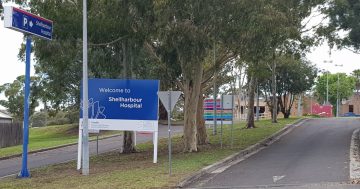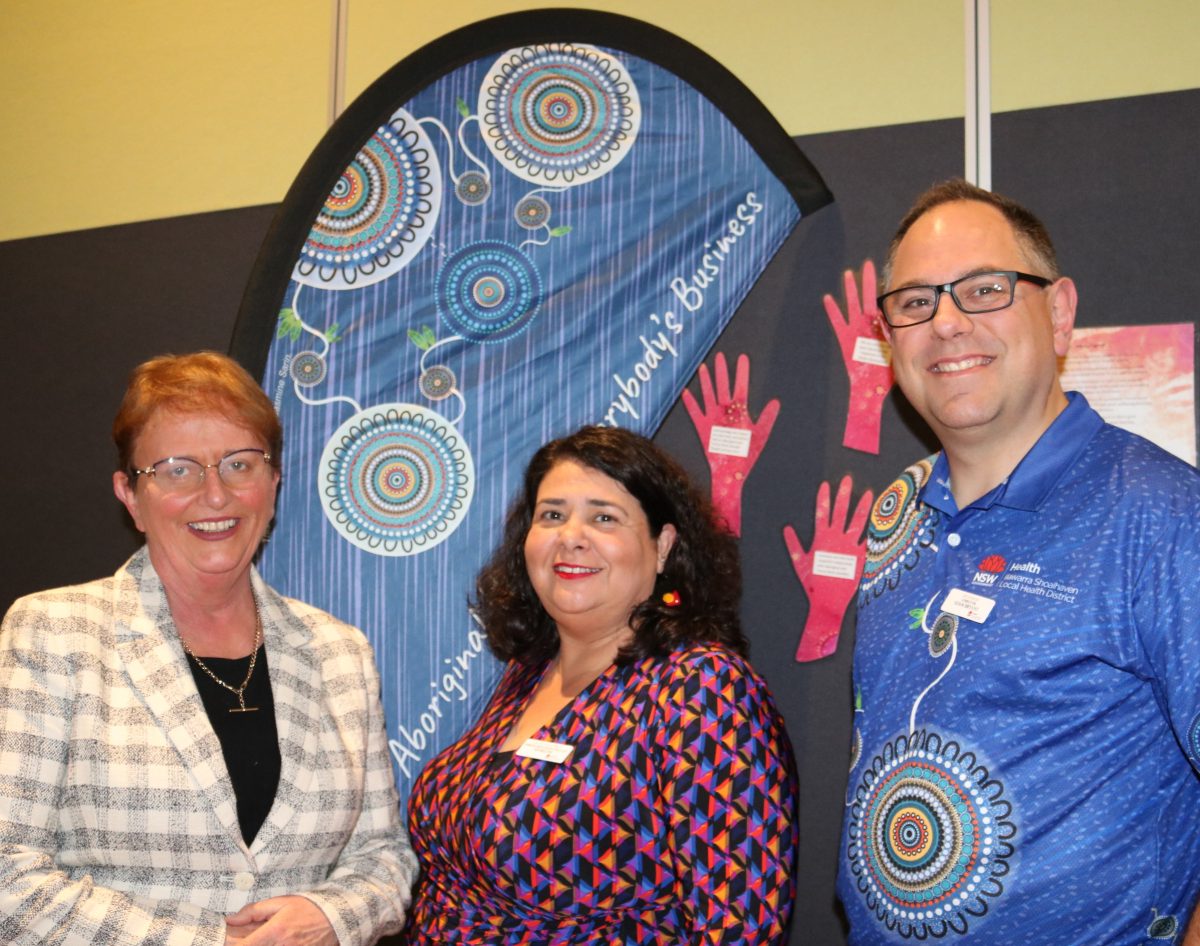
At the launch of Illawarra Shoalhaven Local Health District’s Aboriginal Mental Health Plan: Chief Executive Margot Mains, Clinical Lead Sharlene Cruikshank and Acting Director Mental Health Services Adam Bryant. Photos: Jen White.
A new three-year plan to boost mental health services for the Illawarra’s Aboriginal community will deliver more culturally safe and accessible care throughout the region.
The Illawarra Shoalhaven Local Health District (ISLHD) has launched its Aboriginal Mental Health and Wellbeing Implementation Plan, developed in consultation with local Aboriginal organisations and extensive community engagement.
The plan aims to ensure that the Illawarra and Shoalhaven’s Aboriginal people and communities are central to the planning, delivery and evaluation of mental health and wellbeing services. It supports a connected, holistic model of mental health care where Aboriginal people are given the opportunity to lead their care and choose the providers they want.
It says Indigenous people are over-represented in in-patient mental health services and that meeting the community’s needs in the future would require greater emphasis on community rather than hospital care.
ISLHD Chief Executive Margot Mains said the organisation had a fundamental responsibility to ensure that it delivered health services in a way that met demand, but also made people feel that they were having an experience that enhanced their access and improved outcomes.
“We have rising mental health problems in our community and particularly we’re hearing lots of stories about younger people, but we’re also seeing significant impacts on older people as well,” she said.
“We commit to acknowledging the past and we commit to continuing to strive to close the gap between Aboriginal and non-Aboriginal people. We’ve worked hard to build a stronger workforce and a healthier Aboriginal community, but we have a long way to go.
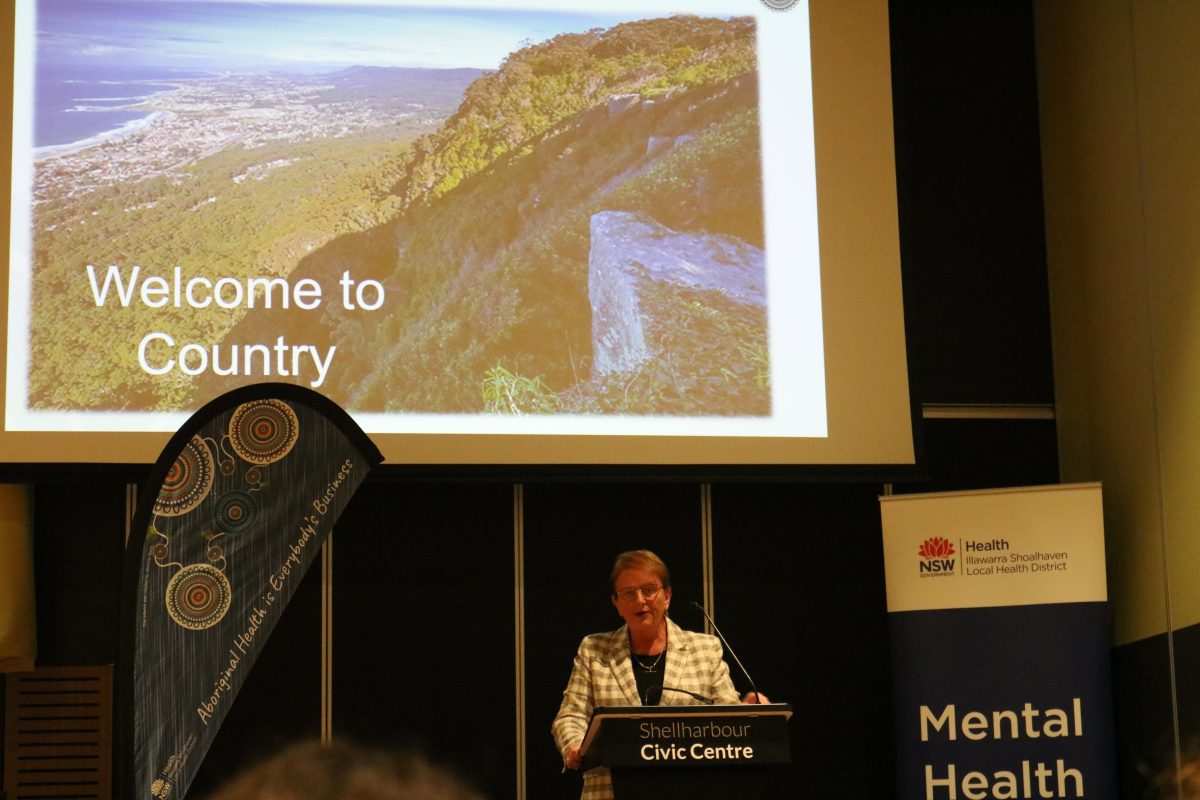
Ms Mains launching the plan this week at the Shellharbour Civic Centre.
“This plan was brought about not as a consequence of mental health sitting in isolation alone, but actually being involved with the community, doing yarn-ups, pulling together stories from across the community from Aboriginal people.
“I think that will make it a much richer plan but it needs people to work together, and the implementation to make a real difference and to make an impact.”
ISLHD Acting Director Mental Health Services Adam Bryant said community engagement and consultation were key to the plan’s development.
“Aboriginal community members provided feedback and input into the plan by participating in Community Yarning Sessions held in Bellambi, Shellharbour, Nowra and Ulladulla,” he said.
“Throughout the consultations, the overall emphasis was for mental health services to be more culturally inclusive and responsive to the needs of Aboriginal people – from prevention and health promotion to diagnosis and treatment.
“What’s really fundamental is making sure that we do things in equal partnership, that we have openness, that we have respect, empathy and support to design things together. Co-design is so important to ensure services are there for what consumers in the community need.”
About 50 Aboriginal community members attended the yarning sessions, with some attendees saying it had been the first time they had been able to openly speak about their mental health experiences.
“It was at times a sensitive and emotional experience to share stories. Disclosing or sharing any signs of mental illness was perceived as having a sense of “shame” due to the stigma and at times self-inflicted stigma,” the plan said.
ISLHD Aboriginal Clinical Lead Sharlene Cruickshank said the repression and oppression suffered by Aboriginal people for more than 240 years continued to impact their health and wellbeing.
“We’ve lost so many things, our language, our community, our children, so our family structures get broken up,” she said.
“We know mental health is a huge issue for everybody. But if you are a community of people who have been oppressed and repressed and just traumatised over and over again, that just puts up so many more barriers, so many more things that we’ve got to go through to get to just even having an average day.
“A lot of Aboriginal people have had bad experiences at mental health and health services so they don’t want to go back. That’s why we need to really change the way we do things. We need to be connected, we need to be respectful, we need to care about each other.”




